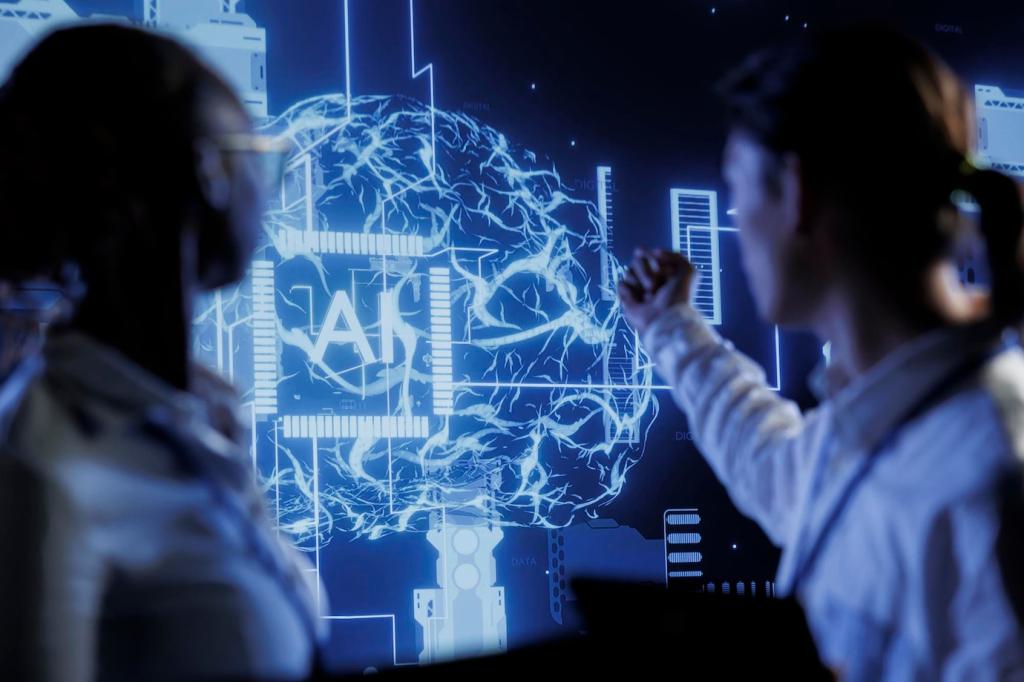This website uses cookies so that we can provide you with the best user experience possible. Cookie information is stored in your browser and performs functions such as recognising you when you return to our website and helping our team to understand which sections of the website you find most interesting and useful.

The Role of Machine Learning in Healthcare Delivery
Machine learning is revolutionizing healthcare delivery by introducing innovative methods to analyze complex medical data and enhance patient outcomes. As healthcare systems grapple with growing volumes of patient information, diagnostics, and treatment options, machine learning offers transformative tools that can sift through massive datasets, discover patterns, and support clinical decision-making. By harnessing these sophisticated algorithms, healthcare professionals can provide more personalized care, improve operational efficiency, and predict health trends, all of which lead to better patient experiences and outcomes. This exploration examines the multifaceted influence of machine learning in modern healthcare, focusing on its applications, benefits, challenges, and the promising trajectory it sets for the future of medicine.
Enhancing Clinical Decision Support

Transforming Personalized Medicine

Improving Population Health Management


